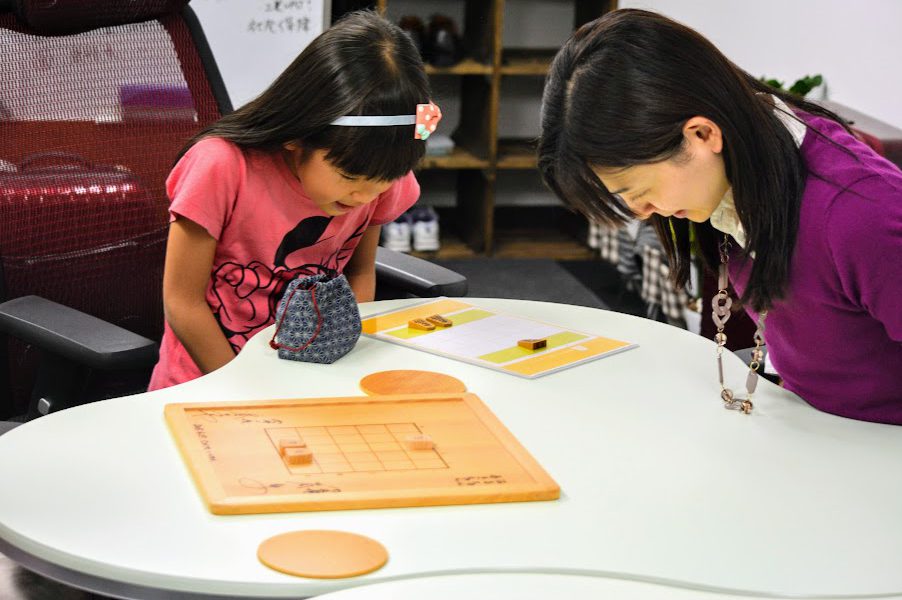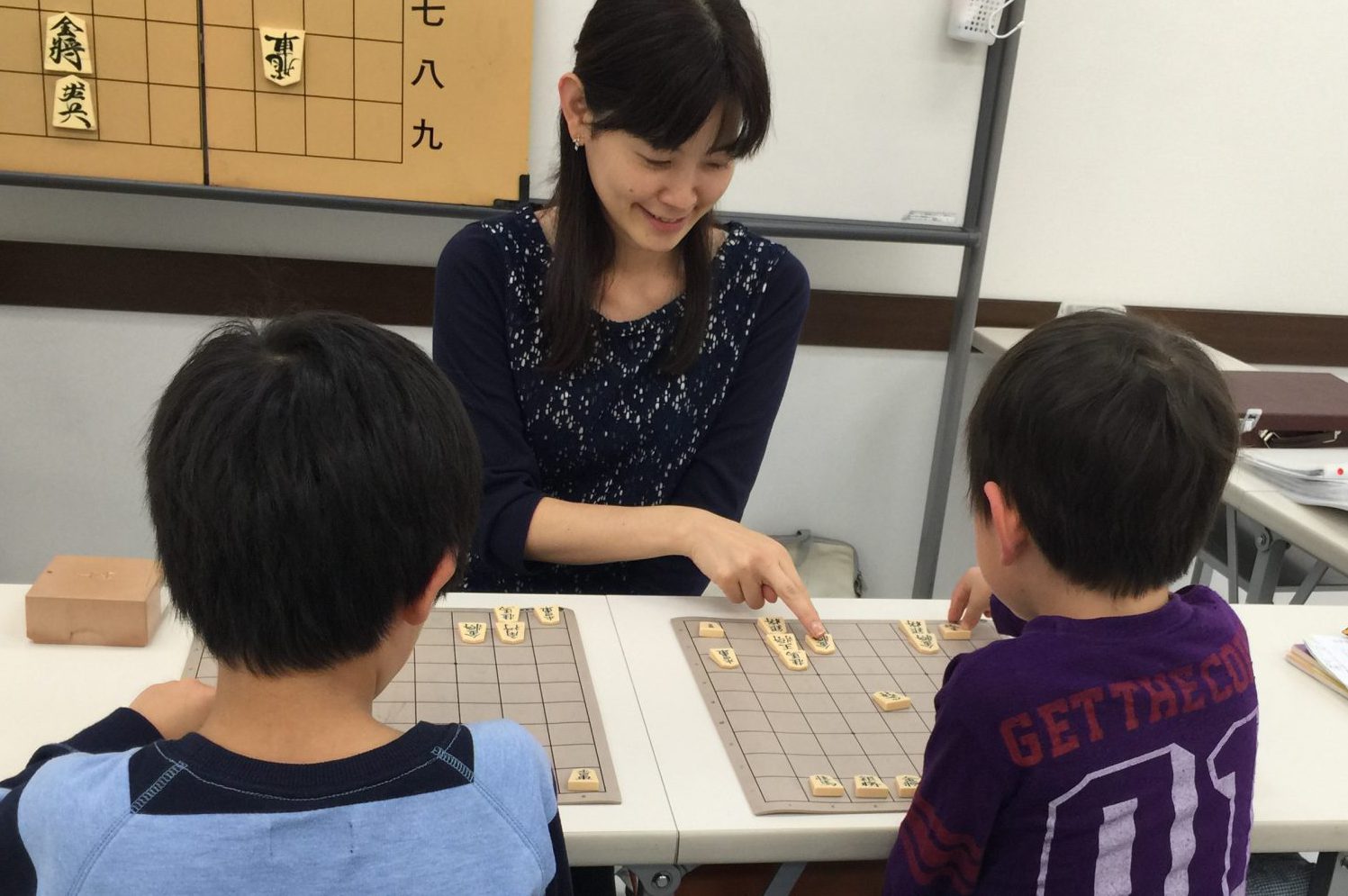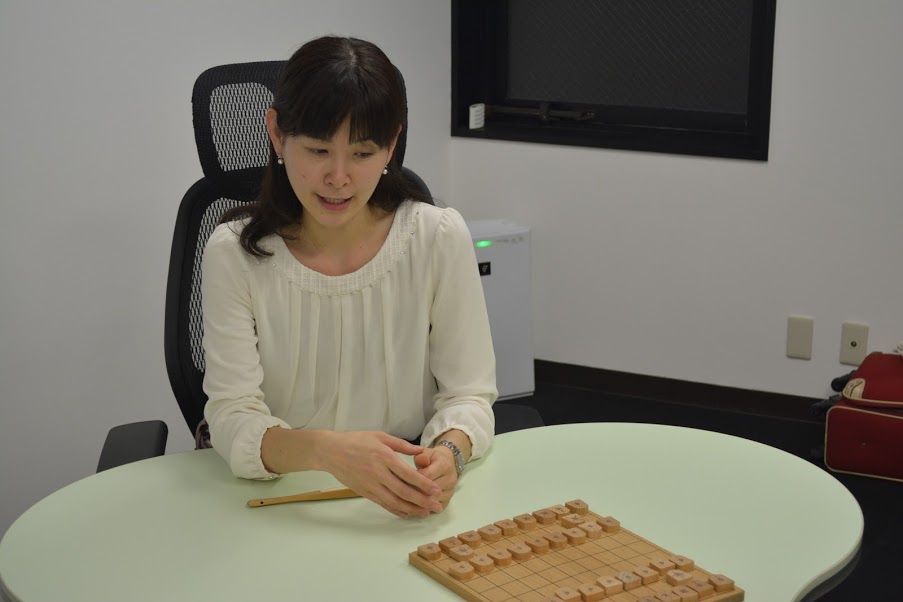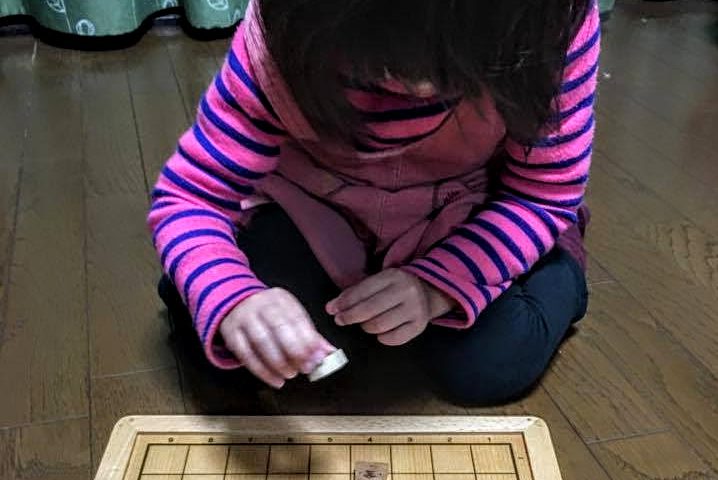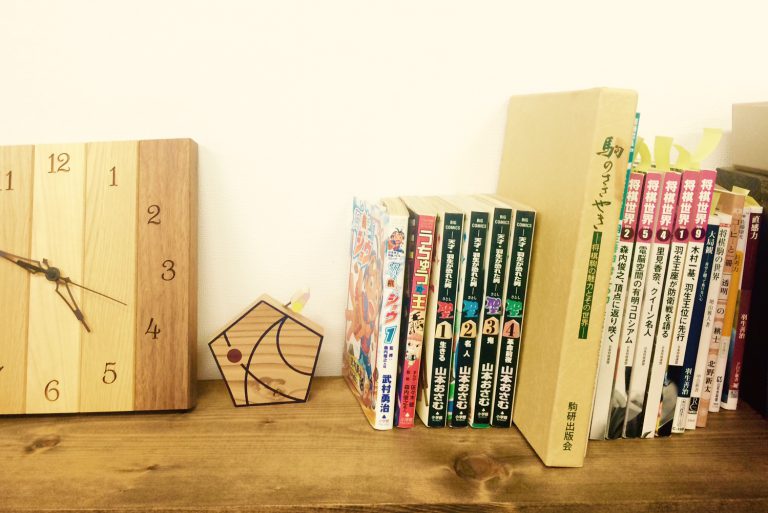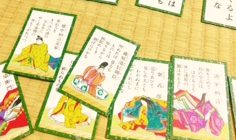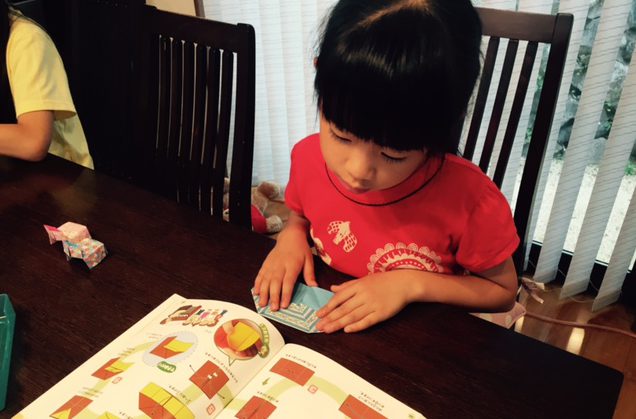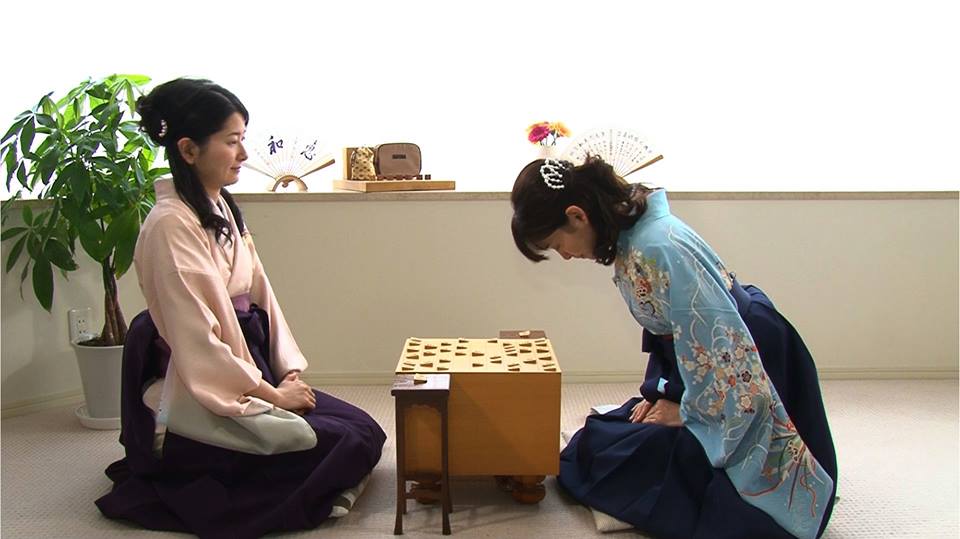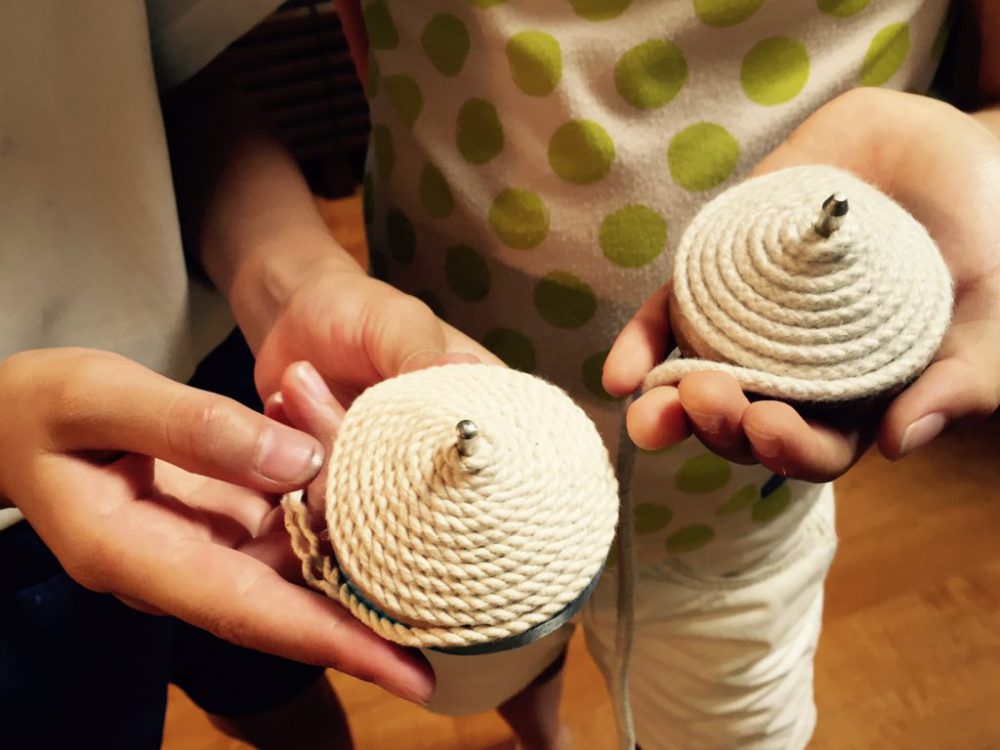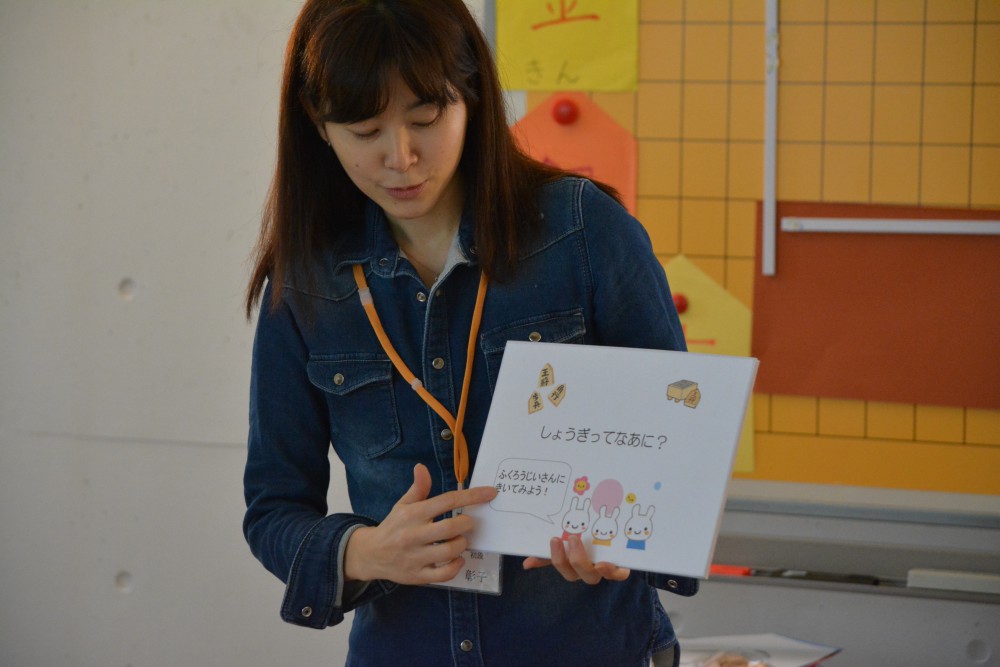I-tsu-tsu Blog
Child-raising
-
Five Things that Children will Learn through Traditional Japanese Lessons
April is just around the corner. In Japan, for school children, April is time to begin a new school year, and to meet new teachers and friends. Usually things change dramatically in Aril. So, I would say, April is the best season to start new things. Presumably, what is the best for children to start new things is “to start a new lesson.” Speaking of lessons, there are many kinds of them, such as cram schools, piano, and swimming. We, I-tsu-tsu, whose basic philosophy is “amazing authentic traditional Japanese culture for children in the world”, would like to recommend lessons of traditional Japanese things. When it comes to lessons of
Nae Kanamoto 15 May 2017
-
The Day Five-Year-Old Child Met The Great Buddha of Nara
I visited Nara last weekend. My purpose of visiting there was to see The Great Buddha of Nara, one of the three large statures of Buddha in Japan. My super cute nephew who just started talking after his second birthday also joined us this time. It was a little trip to learn traditional Japanese culture. Our trip started as follows. One day, my daughter who attends elementary school said, “If The Great Buddha of Nara stands up, he is 30 meter tall. I learned this from a riddle at school today.” Following this statement, she went, “Mom, that means he is big, doesn’t it?” At this moment, I realized that
Hisae Ozaki 30 March 2017
-
Ladies Professional Shogi Player’s Five Secrets–In Order for Children Not to be Afraid of Losing a Game–
Many mothers of children who play Shogi claim, “My child is reluctant to play a Shogi game, being afraid of losing a game”. As a professional player, I can tell how children are disappointed when they lose a game. Also, it’s quite natural for human beings to be afraid of losing a game, but rather good for children. At the same time, as a mother of three children I can understand that mothers want her children to play Shogi with the other child. Experiencing to lose a game is also one of important life experiences, and more importantly playing with different persons will provide deeper and broader interest in I
Akiko Nakakura 28 March 2017
-
“I’m glad to have Shogi!” – Five Stories, I-tsu-tsu Staff Version–
Our company, I-tsu-tsu, works every day under our vision, “surprise of real Japanese traditional culture for your child” Once you become I-tsu-tsu employee, inevitably you will be involved with Shogi deeply, regardless of ability to play Shogi. I am not exceptional. Today, I interviewed our five team members, asking about the good things that have happened to them through Shogi. 1. Meeting with various people I have encountered many people at any age, sometimes from overseas, having the common interest to Shogi. When I was a child, I played Shogi with my father and many adults, such as teachers at a Shogi hall. Now, as a teacher, I have a
Nae Kanamoto 27 March 2017
-
Five Reasons to Recommend Shogi to Girls
We hold “I-tsu-tsu Kids Shogi Lesson 101 for Parents and Children,” a series of six lessons, at Senkawa Culture Centre in Chofu City, Tokyo from February 3. To my surprise, out of eight participants, six of them are girls. When I was a child, I was surrounded by boys and men in Shogi classes and practice halls. My sister was the only girl besides me, and I felt a little lonely. So, I am very happy to see that more girls show interest in Shogi now. So, I would like to talk about five reasons to recommend Shogi to girls on today’s article to encourage more and more girls to
Akiko Nakakura 8 March 2017
-
Five Challenges That Young Children May Face and How to Overcome Them
There are many activities available for children such as baseball, soccer, smart-phone games and so forth. Among these activities, not a few parents hope that their children play Shogi because they consider that Shogi cultivates children’s thinking skills and helps children to learn manners and courtesy. If your children have already reached school-age, I think there are sufficient chances for them to learn and enjoy Shogi. Some friends may play Shogi or a school teacher may be able to teach how to play Shogi to your children. However, if your children are below school-age, there is a different story. First of all, it is doubtful if young children show interest
Akiko Nakakura 3 March 2017
-
Enjoy Hyakunin Isshu with Children
At the beginning of Jun, rainy season will start soon, so it makes me a bit blue. Today, I would like to introduce Hyakunin Isshu (A traditional Japanese card game, one hundred poems by one hundred poets) that you can play and enjoy on a rainy day. Hyakunin Isshu is a collection of one hundred Japanese poems . Those poems are called “Tanka,” which is Japanese traditional poetry with five lines with 31 syllables that are set in lines of 5, 7, 5, 7 and 7 syllables. The first three lines with 5, 7, 5 syllables are named “Kaminoku” and the last two lines with 7, 7 syllables are “Shimonoku.”
Nae Kanamoto 4 November 2016
-
Japanese Traditional Toys Refine Children’s Sensitivities
In this post, I am going to tell you about the way to refine children’s sensitivities. We often hear that it is essential to cultivate children’s sensitivities from early childhood. I understand sensitivity is very important fundamental to display one’s various abilities. Supposedly, enriching our power of perception with deep sensitivities, as a result we could think and imagine things more deeply. “Sensitivity” would be developed not in adult schools but rather in daily activities, if we try to be more conscious about the way we do. The other day, it rained, so my children couldn’t enjoy the outdoors. We involuntarily held an Origami-party in the house. As you know,
Hisae Ozaki 4 November 2016
-
Five tips for children playing Shogi on the Internet
There are fulfilling Shogi software and online Shogi games are available lately. I hope that people play in person Shogi since I believe we can learn a lot from Shogi as a communication tool. Still, I also think online Shogi games are beneficial in terms that we can engage in actual matches easily at our convenience. So, I hope you use online Shogi games wisely as a starter or a training to enhance your skills. Today, I would like to introduce some tips that parents might find useful when they want to advise children playing online Shogi games. 1. Children perform the usual greetings even when they play on the
Akiko Nakakura 2 November 2016
-
Shogi Changes Children!
Previously on our blog, we talked about the value of accepting one’s own defeat and awareness of the importance of diligent work through Shogi. It is often said that Shogi is effective for children to gain thinking skills. Yet, Shogi has more to offer. I think that Shogi has further more values. So today I would like to share five points on the advantages of children’s learning Shogi as a professional Shogi player and mother of one boy and two girls. 1. Shogi helps children to lean good manners and etiquettes. What I value most when I teach Shogi to children is “Mittsu no Rei (the three courtesies).” This is
Akiko Nakakura 1 November 2016
-
Japanese Wooden Toys Sharpen Children’s Sensibilities
This time, I will tell you about “wooden toys bringing back old memories”, which develop children’s sensitivities and five senses. Everything has been just fine with my garden. We have harvested many fresh vegetables. We enjoyed rich taste, and my children looked very proud of themselves for their efforts. Our first crop were cucumbers. Every morning, my daughters checked and watered cucumbers. They had fun harvesting, and asked me, “Mom, please make today’s morning salad with our cucumbers.” My children found much of interest in vegetables, foods, and cooking, simply because they ate vegetables that they had grown. This is just wonderful! And today’s topic is nostalgic wooden Toys. I
Hisae Ozaki 1 November 2016
-
Five Tips from a Professional Player for Children
Explore art of Shogi. A professional Shogi player invites you to the world of Shogi along with traditional Japanese culture. Today, I would like to share more specific points that instructors and parents should keep in mind when teaching children Shogi. 1. Find many upsides of children Some instructors may think that novice children do not have many upsides due to their lack of technical skills. However, they actually have many good points in their behaviors and attitudes towards Shogi. For example, they can lay out pieces properly on the board, neatly place pieces in hand on the piece stand, and exchange appropriate greetings. Instructors should look at those and
Akiko Nakakura 19 October 2016
If there is anything we can help you with,or you have any questions,
please do not hesitate to contact us.
